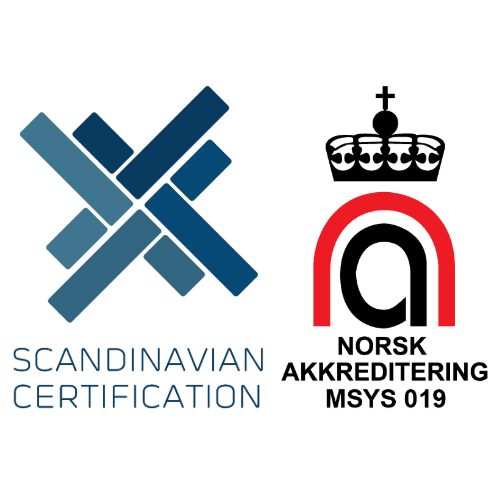Back to blog
What is CSRD?
Dec 18, 2024
Edoardo Arbizzi
Background and Purpose
The Corporate Sustainability Reporting Directive (CSRD), adopted on 14 December 2022, modernizes and expands the EU’s corporate sustainability reporting framework. It aligns with the European Green Deal’s objectives of transforming the EU into a sustainable economy with net-zero emissions by 2050. The CSRD replaces the Non-Financial Reporting Directive (NFRD) to ensure companies disclose reliable, comparable, and relevant sustainability information.
The CSRD requires companies to report on their sustainability performance, covering environmental, social, and governance (ESG) factors. The aim is to provide stakeholders, including investors, policymakers, and civil society, with the data needed to understand companies' impacts on people and the planet and their exposure to sustainability risks.
Timeline
The implementation of the CSRD is staggered to allow businesses adequate time to adapt:
1 January 2024: First application for large public-interest entities already subject to the NFRD.
1 January 2025: Extended application to large companies not previously covered by the NFRD.
1 January 2026: Small and medium-sized enterprises (SMEs) listed on regulated markets will be required to comply.
Sanctions
In Italy, CONSOB is the designated authority responsible for monitoring compliance with the CSRD and issuing sanctions. During the first two years of implementation, penalties for auditing firms are capped at €125,000, while sustainability auditors face a maximum fine of €50,000.
Download here our complete guide to comply with CSRD
by
Join compri,
10X your procurement team.
compri uses AI to make your procurement experience easier, faster and smarter. Get in touch to know more



